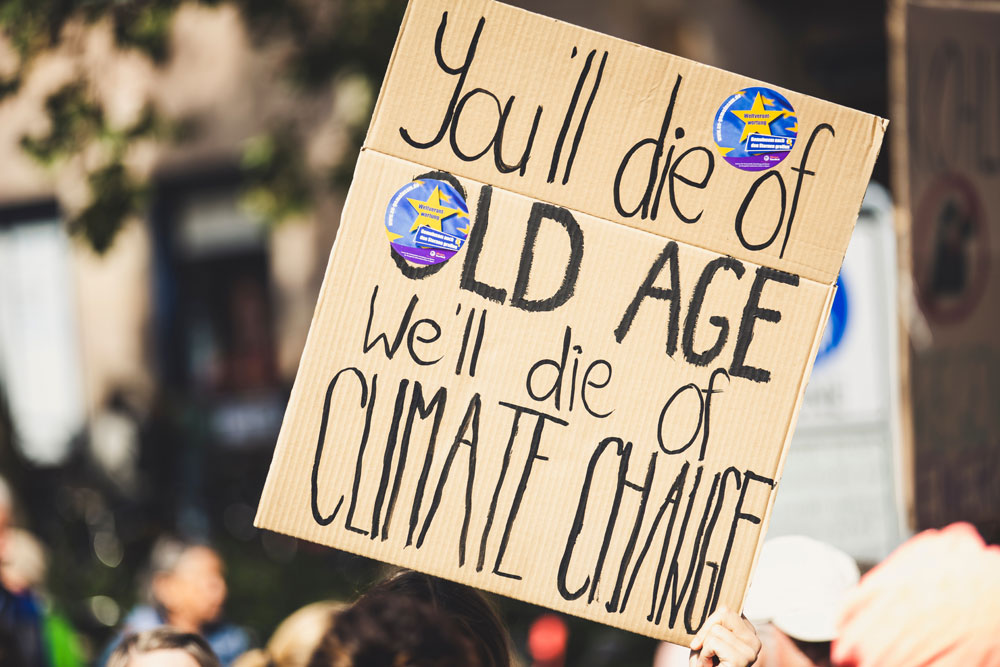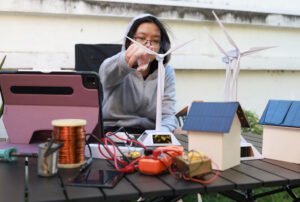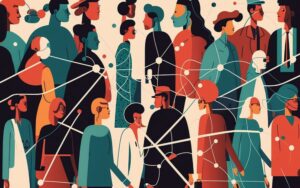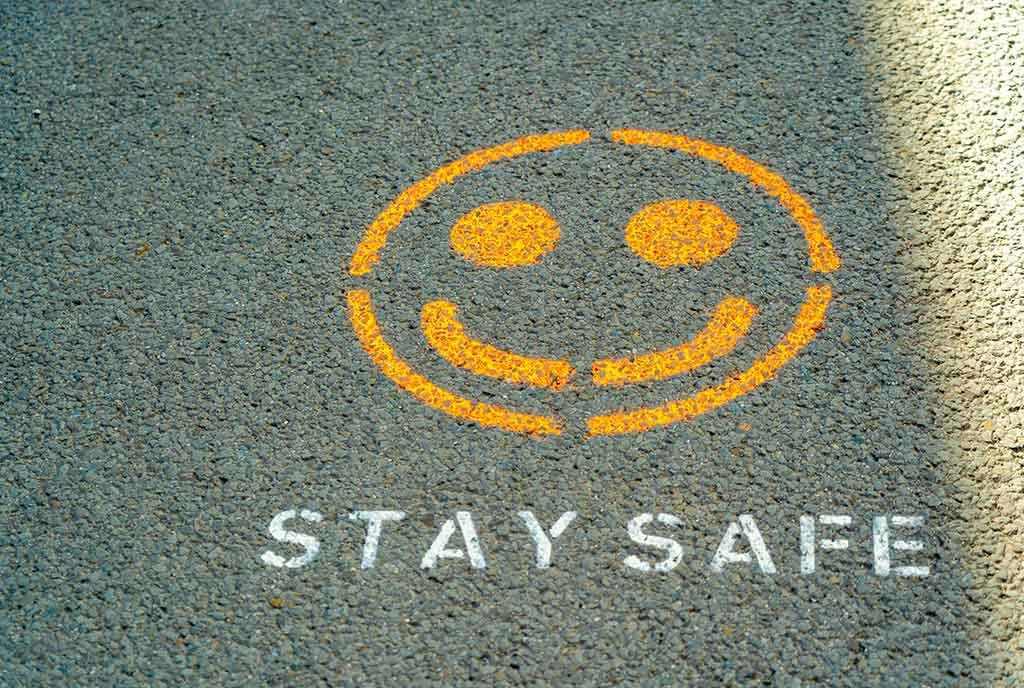
April 22, 2020; New York Times
“There are now, trapped in Arctic ice, diseases that have not circulated in the air for millions of years—in some cases, since before humans were around to encounter them. Which means our immune systems would have no idea how to fight back when those prehistoric plagues emerge from the ice,” writes David Wallace-Wells in his 2017 essay on climate change, “The Uninhabitable Earth.”
Wallace-Wells draws on the history of ancient diseases’ impact on human society to drive home the threat posed by the climate crisis. Now, with COVID-19, we see an international health crisis illuminate in real time how deficits in our systems will only deepen if we fail to curtail society’s to-date steady march towards environmental instability. Already, the pandemic has ravaged the economy, overwhelmed cities, and tested people’s endurance while having the greatest impact on people disadvantaged by preexisting systems of inequity. Our current climate trajectory threatens the same.
Celebrants of Earth Day’s fiftieth anniversary took this unique window of isolation, complete with cleaner air, to deliver a simple yet clear message to world leaders: the future depends on the health of the planet. A silver lining of the pandemic is that worldwide energy demand is expected to fall by six percent in 2020; greenhouse gas emissions may drop by almost eight percent, the largest recorded annual decrease. Nonetheless, the World Meteorological Organization expects emissions to rise again once the pandemic subsides and economies stabilize unless swift action is taken.
One of the most insidious dangers of climate change is short-sightedness. Unlike COVID-19’s immediate impact, climate change is seen as a future concern, years distant and someone else’s problem if not outright denied. Meanwhile, 2015–2019 have been the hottest years on record. As the United Nations cautions world governments to “use the pandemic recovery to provide a foundation for a safe, healthy, inclusive and more resilient world for all people,” the White House continues to roll back environmental protections and seeks ways to bail out Big Oil and Gas.
Sign up for our free newsletters
Subscribe to NPQ's newsletters to have our top stories delivered directly to your inbox.
By signing up, you agree to our privacy policy and terms of use, and to receive messages from NPQ and our partners.
COVID-19 has exposed the fragility of our systems and identified a need to refocus on what is most important: food security and sovereignty, clean water access for everyone, lower pollution, and strong immune systems, all of which are coincidentally interlinked with tackling the climate crisis.
Unfortunately, as the New York Times reports, cities and states across the US are also defunding climate adaptation projects. Dedicated public and, more specifically, green infrastructure funds from the federal government, which were absent from the CARES Act, would be key to salvaging local climate agendas.
In the meantime, organizations like the League of Conservation Voters and March for Science have sought to carry the work forward, hosting online fundraisers and conducting outreach efforts online to keep climate issues top of mind. Others, including youth-led groups like Sink or Swim and Plant for the Planet, see the pandemic response as proof that governments can quickly mobilize to tackle a crisis when they truly have the desire and sense of urgency to do so. Sink or Swim founder Delaney Reynolds told National Geographic she thinks “science, scientists, and scientific facts” finally have their opportunity to make a comeback.
Despite opposition, addressing climate change and its myriad consequences is a top priority for numerous advocates, civic leaders, and businesses. Yet public resources will be critical. Post-pandemic, it will be important to consider how efforts to rebuild the economy uphold democratic tenets and address society’s greatest challenges. Fiscal investments, policy changes, strict regulations on energy, social equity—much of which is outlined in Rep. Alexandria Ocasio-Cortez (D-NY) and Sen. Ed Markey’s (D-MA) Green New Deal—these are the paving stones for a sustainable future.
There have been attempts to address the climate crisis before—the Kyoto Protocol, the Paris agreement, and the Green New Deal come to mind—but the novel coronavirus pandemic is a clarion call. The fissures in our systems and institutions have cracked wide open. An opportunity to overcome systemic inequities has presented itself. It’s up to us to accept the challenge.—Drew Adams and Julie Euber













